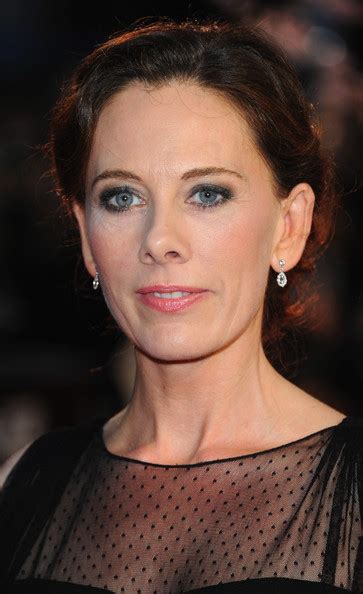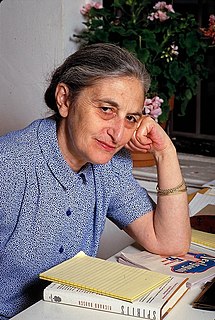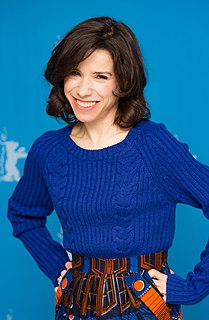A Quote by Cameron Diaz
Even if I loved the script, the director has to be right because it's all about the filmmaker. It's their vision. They're the ones that go back into the editing room and reassemble the film.
Related Quotes
Well, there's two things I have criteria for doing a film: The script, which is the story, and the filmmaker, and it's a filmmaker's medium. I like really strong directors, and so when I do a film, I'm out there to serve the director, really, which is in turn to serve the script, to serve the director cause he's the one making the film. I relied on Todd Haynes for that.
All three parts of filmmaking [writing, shooting, editing] contribute to rhytm. You want the script to be a tight as possible, you want the acting to be as efficient as possible on the set, and you have enough coverage to manipulate the rhythm in the editing room, and then in the editing room you want to find the quickest possible version, even if it's a leisurely paced film. I definitely in filmmaking more and more find writing and directing a means to harvest material for editing. It's all about editing.
As a young filmmaker, I shot a lot of stuff because I wanted to make sure that I got everything, but now I've gotten much more precise with my shooting. Editing is a whole other layer because then, sometimes you realize characters don't even need to say this or that. It becomes an issue of exposition, and over-explaining something. In the script, I'd reinforce certain things about what I wanted people to know two or three times, but in the editing room, I'd be like, "I only need to say this once, maybe twice."
You have to accept that the moment you hand a script to a director, even if you've written it as an original script, it becomes his or her movie. That's the way it has to be because the pressures on a director are so staggering and overwhelming that if he or she doesn't have that sort of level of decision making ability, that sort of free reign, the movie simply won't get done. It won't have a vision behind it. It may not be your vision as a screenwriter, but at least it will have a vision.
You never have any idea where your movie's going to go when you're shooting - you're in this little bubble. Everything you care about is getting the next step right: getting the script right, finding the right actors, shooting it. Then you spend half a year in a dark room editing your film, and you don't talk to anybody.
With a good script a good director can produce a masterpiece; with the same script a mediocre director can make a passable film. But with a bad script even a good director can’t possibly make a good film. For truly cinematic expression, the camera and the microphone must be able to cross both fire and water. That is what makes a real movie. The script must be something that has the power to do this.
Film, for me, is in two stages. One is when I write the script more or less on my own - that's the nice bit. And then comes for me the unpleasant bit when they all go off, 100 people - actors and camera people and film and sound - and I stay away. When they go into the editing room, I come in again, and that's the bit I like.
Performance is made in the editing room, and I've come to see the truth in that - the idea that they say performances are usually made in the editing room because what you film is the raw material. I think just going through the process of saying, "Which take do we use? Why is that the take we want? I want that take can you edit again, I'm not sure that's the one, I think it's this one." And just because you go through that process, I think somehow it's made me sort of more open about the [actor's] possibilities.



































